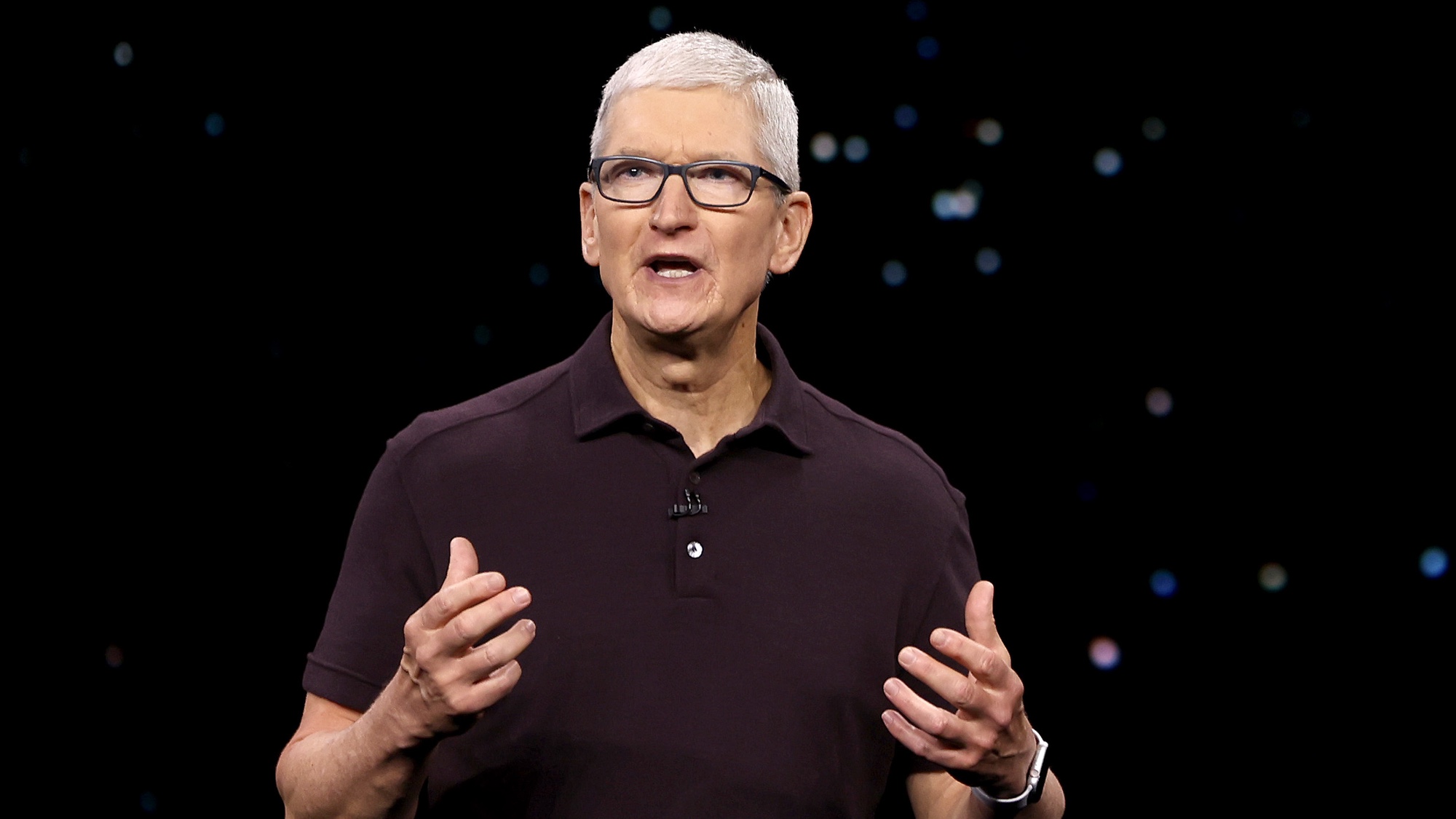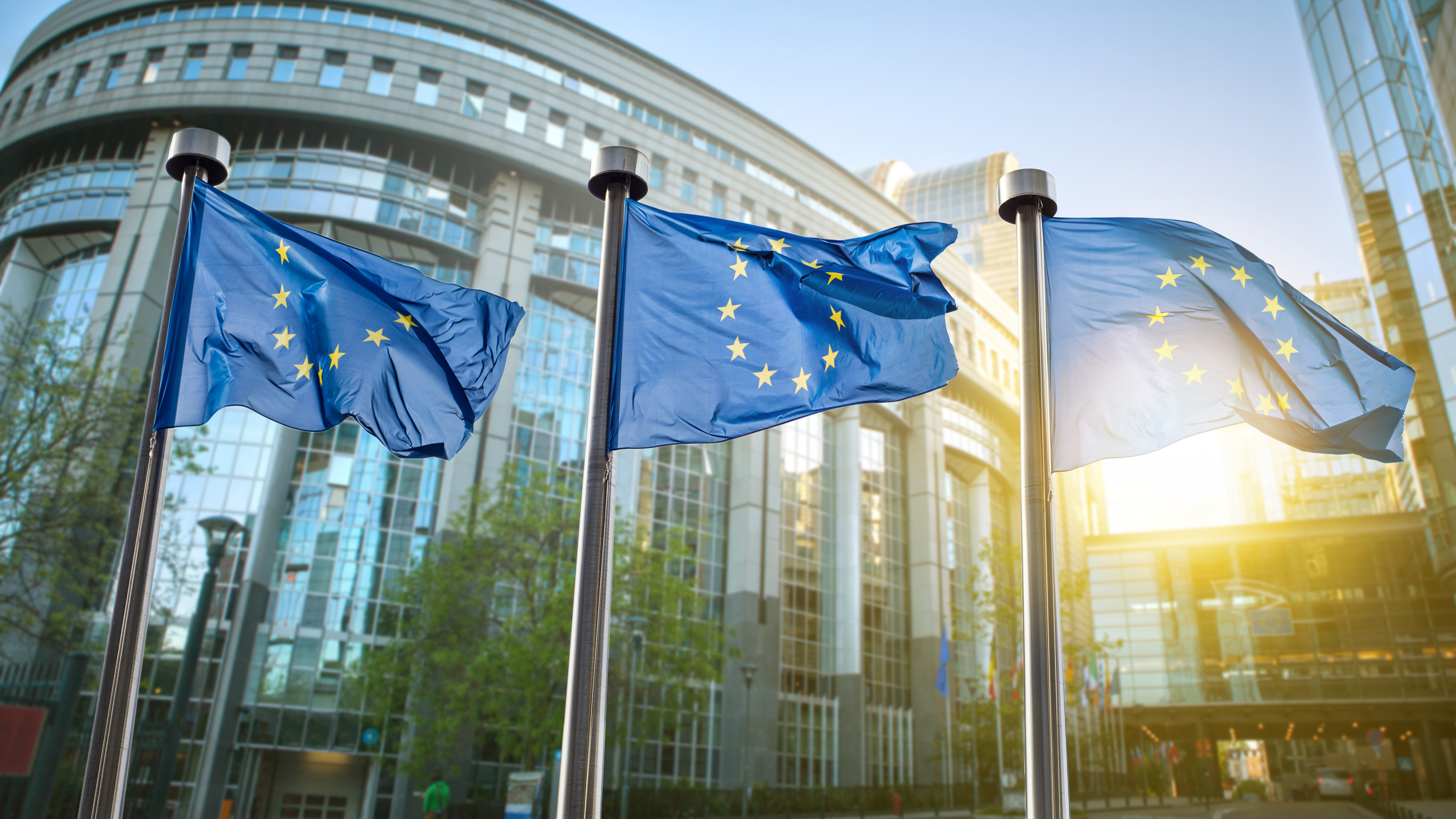
The iPhone 16 series will bring us a lot of innovations when it undoubtedly gets revealed at Apple’s “Glowtime” event next week on September 9. But it’s also likely to be the most divisive iPhone in Apple’s history as, for the first time, there will be different variants of the phone depending on where you buy it.
To be clear, Apple is still expected to announce four models: the iPhone 16, iPhone 16 Plus, iPhone 16 Pro and iPhone 16 Pro Max. But after years of keeping up the famous “walled garden," Apple has been forced to fragment the experience in light of a new law passed in the European Union. That means users across the Atlantic look set to get a less constrained experience than those in North America.
Give with one hand — take with the other
The EU’s Digital Market Act (DMA) is a pro-competition law that stipulates large tech companies (so-called “gatekeepers”) can’t lock their customers into particular pieces of hardware or software to foster competition. It’s part of the reason Apple moved away from Lightning and implemented USB-C on the iPhone 15 series. And it means the iPhone 16 or iPhone 16 Pro in Europe will be a very different device from the one available in the United States.
For example, in Europe, the iPhone 16 will arrive with a Default Apps Section where users can uninstall any stock browser, mail app or payment platform and install a different one of their choosing. European users will also be able to install third-party app stores like AltStore that’ll easily let them reintroduce Fortnite to their iPhone.
Apple has, for years, refused to make these changes willingly and has cited the privacy and security dangers of opening up the iPhone. As per a report in Bloomberg, Apple claimed it is “concerned that the interoperability requirements of the DMA could force us to compromise the integrity of our products in ways that risk user privacy and data security.”
That has repercussions for European iPhone 16 customers in a very real way — Apple has confirmed it won’t be making Apple Intelligence features available in the region at launch. In June, a statement from Apple read: “Due to the regulatory uncertainties brought about by the Digital Markets Act, we do not believe that we will be able to roll out three of these [new] features — iPhone Mirroring, SharePlay Screen Sharing enhancements and Apple Intelligence — to our EU users this year.”

Apple Intelligence, the company's suite of AI-enabled tools, is one of the biggest reasons to upgrade this year. It’s likely the reason we’re going to see an A18 or A18 Pro chipset in the new phones, not to mention a jump to at least 8GB RAM. But because it’s billed as being tailored and individualized to each user, that poses a problem.
The DMA requires companies to share data with third parties (so as not to favor their own services) and Apple is refusing to play ball. Therefore, while European iPhone 16 users will get unprecedented levels of freedom with their iPhone, they won’t have access to the cutting-edge AI features that are likely to receive top billing on September 9.
What is the price of freedom?
Which approach will provide the biggest hit with customers? Are people more interested in a locked-down iPhone with Apple’s latest and greatest software smarts available on day 1 — or an iPhone free from constraints but unavailable to access the most valuable first-party features?
Only time will tell but this is shaping up to be one of the most interesting iPhone launches of recent years. You can follow all the latest speculation on our iPhone 16 rumors hub right here.







